
Stop OsteoARthritis: A Proof-of-Concept Study (SOAR 2.0)
Sep 08, 2024The SOAR, or Stop OsteoARthritis, Program aims to improve user’s ability to self-manage their knee health through education, personalized exercise, activity tracking, and weekly action planning. The second step to testing the SOAR program was to assess if the program could improve health outcomes reported to be important to participants at increased risk of knee OA after a sport-related knee…
Read More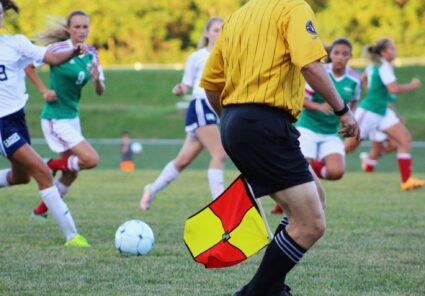
Stop OsteoARthritis (SOAR 1.0)
Jul 26, 2024In Canada, about 500,000 youth hurt their knee every year while playing sports. Half of them go on to develop knee osteoarthritis (OA) at a young age. Following a knee injury, people may have weaker knee muscles, become less physically active, and gain weight. The injury, in combination with these other factors greatly raises osteoarthritis risk. The treatment of youth…
Read More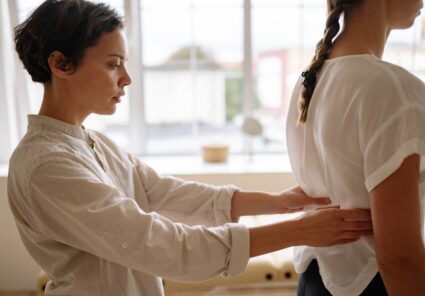
Computer models helps assess the burden of osteoarthritis and low back pain
Oct 04, 2022A 2-pronged study looked at the burden of Osteoarthritis (OA) and low back pain (LBP) and strategies to prevent, as well as demonstrating the usefulness of the software SimYouLate
Read More
Knee Osteoarthritis Self-Management and Knowledge Project
Nov 27, 2019The goal of this project was to help early knee osteoarthritis patients manage their disease by increasing their involvement in their care process with family doctors. Working with patients, family doctors and other key parties, we created an App, named Knee OA Self-management and Knowledge Application (KOASK). KOASK is able to create a guided self-management plan and provide reliable information…
Read More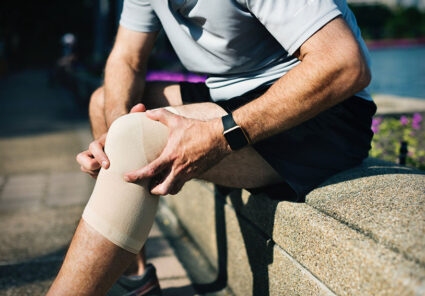
A super-app to self-diagnose and manage knee osteoarthritis
Mar 15, 2019Studies show that most people with knee osteoarthritis (OA) aren’t diagnosed early enough, or at all. This study combined three apps (Arthritis ID, OPEN, and FitViz) into one super-app for detecting knee OA to improve knee health.
Read More
Is it safe to run if you have knee osteoarthritis?
Jan 03, 2018Running is an activity that provides health benefits, but many people with knee osteoarthritis (OA) stop running because they are unsure if it is safe. This study evaluated the effects of running on the knee joint and knee cartilage. We used magnetic resonance imaging (MRI) to compare how knee cartilage responded to running in people with and without OA
Read More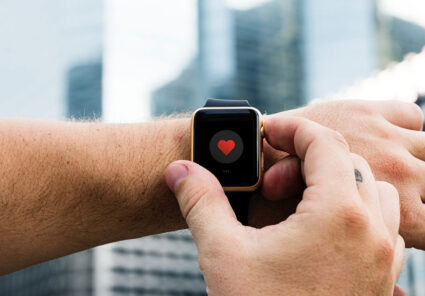
Supporting physical activity in people with knee osteoarthritis
Jan 25, 2017Despite overwhelming evidence that physical activity improves health and quality of life, over 50 per cent of people with arthritis are not physically active. SuPRA is a program that combines the activity tracker Fitbit Flex and the FitViz app with physical activity counselling to help those with knee pain to be more physically active, safely and at their own pace.
Read More
MONITOR-OA: Improving physical activity for those with knee osteoarthritis.
Aug 12, 2016MONITOR-OA is a program that uses activity trackers to help people with knee pain set goals to be more physically active, safely. and at their own pace.
Read More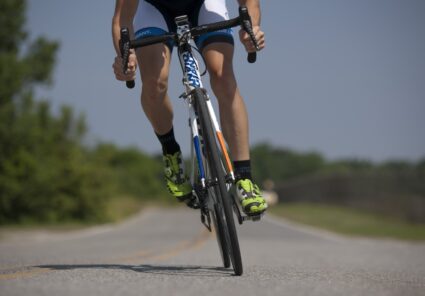
Track OA: Improving physical activity using a wearable activity tracker for patients with knee osteoarthritis
Feb 04, 2015Physical activity can reduce pain and improve people’s ability to move around. This study tested a new program that uses wearable activity trackers to help people with knee pain set goals and get active at a pace that’s right for them.
Read More
OPEN (Osteoarthritis Physical Activity & Exercise Net): Can an interactive website increase physical activity in people with previously undiagnosed early knee osteoarthritis?
Oct 17, 2011This project directly targetted physical inactivity at a time when the joint damage tends to be mild, and when people are more motivated to adopt a healthy behaviour.
Read More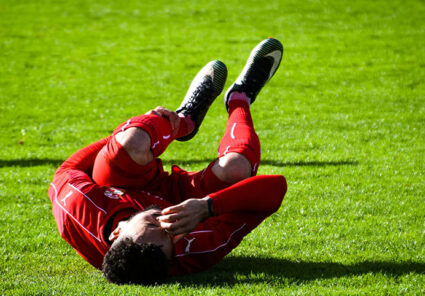
Preventing hip pain and hip osteoarthritis
Oct 16, 2011There has been a long debate as to whether certain types of physical activity (such as hockey, soccer and cycling) cause hip osteoarthritis (OA). The research team will look at whether having one or more subtle deformities of the hip, combined with physical activity, can cause cartilage damage and eventually OA.
Read More
Advancing technology to improve health care decision-making
Oct 13, 2009Computer simulation modeling is a technique that sees how health care interventions and policies will affect the population, before they are implemented. The STAR project showed that results from simulation models are trustworthy and can help both scientists and healthcare decision-makers.
Read More
















































